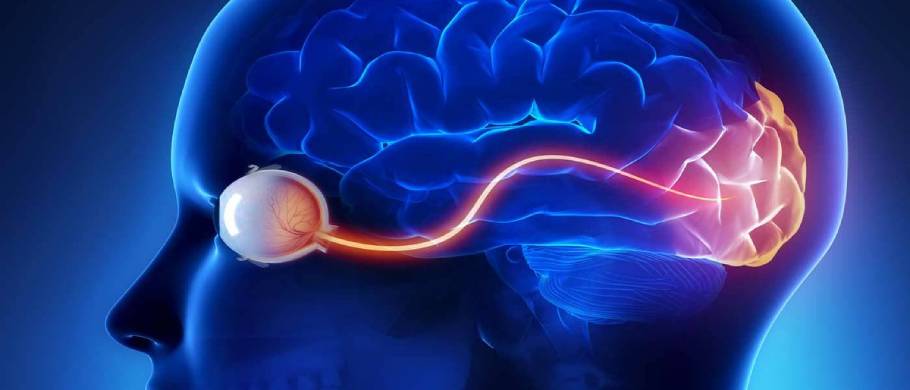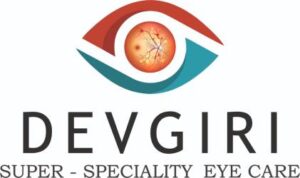What is Neuro-ophthalmology (Vision Disorders)?
Neuro-ophthalmology, a subspecialty of both neurology and ophthalmology, is that the treatment of visual problems that are associated with the nervous system; that’s, visual problems that don’t come from the eyes themselves. We use almost half the brain for vision-related activities. Dr. Niles Giri is treating a various vision disorder at Devgiri memorial Eye Clinic in PCMC Pune.
Dr. Nilesh Giri has unique abilities to gauge patients from the neurologic, ophthalmologic, and medical standpoints to diagnose and treat a good sort of problems. Costly medical testing is usually avoided by seeing a neuro-ophthalmologist. Common Problems Evaluated by Dr. Nilesh Although some problems are seen by neuro-ophthalmologists aren’t worrisome, other conditions can worsen and cause permanent visual loss, or become life-threatening. Sometimes the matter is confined to the nervus opticus or the systema nervosum and other times it’s associated with a general medical condition.
Dr. Nilesh Giri treated symptoms and conditions:

- Abnormal eye movements
Double vision - Eyelid abnormalities
- Myasthenia gravis
- Optic nerve problems (such as optic neuritis and ischemic optic neuropathy)
- Thyroid disease
- Transient visual loss
- Unequal pupil size
- Unexplained visual loss
- Visual disturbances
- Visual field loss
Treatment
At Devgiri Memorial Eye Clinic, Dr. Nilesh Giri treats neuro-ophthalmic conditions in a sort of way, depending upon the precise disease and symptoms. Treatment steps include:
- Diagnosis: Many neuro-ophthalmic conditions present similar symptoms, so a radical analysis and diagnosis are that the vital initiative before moving forward with any treatment. acuity tests, MRIs, and analysis of other clinical symptoms are all important diagnostic methods.
- Medication: Fortunately, many neuro-ophthalmic conditions are treatable with medication. as an example, we frequently prescribe corticosteroids to treat MS and giant cell arteritis.
- Lifestyle changes: Dietary and sleep adjustments can sometimes help cure or control neurological conditions. Pseudotumor cerebri, for instance, often affects overweight women, so weight loss could also be an honest treatment option.
Treating underlying conditions: Often, treating the underlying explanation for a neuro-ophthalmic condition is that the best thanks to restoring or maintain vision. We work closely with patients’ care primary physicians to spot these conditions and determine an appropriate treatment plan. - Surgery: At Devgiri Memorial eye Clinic, we use conservative treatments whenever possible. However, when medication or other options are ineffective, surgery could also be recommended. Surgery can successfully treat severe pseudotumor cerebri.
How To Reach Us?
Dr. Nilesh Giri is a trusted Eye Specialist in PCMC, Pune. At Devgiri Memorial Hospital you will get all the necessary medical treatment. Our advanced approach for our patient treatments makes us unique.
The appointment process at Devgiri Memorial Hospital PCMC Pune is very simple. You can directly call on 09657002695. Also with the help of the “Book an Appointment” Form you can book your appointment by just filling in the basic information. We will contact you via email or phone call to confirm your appointment.



